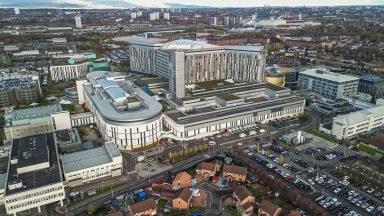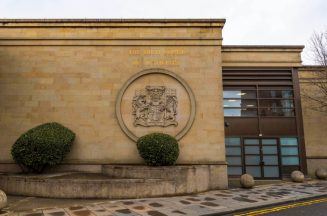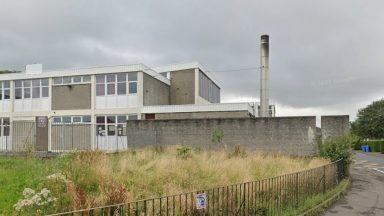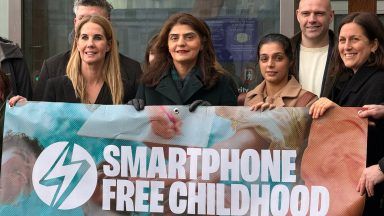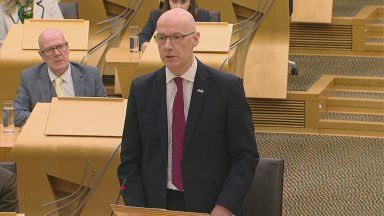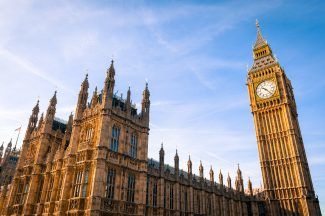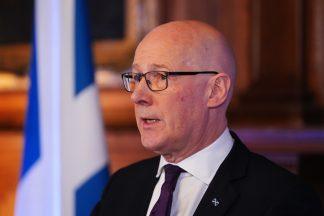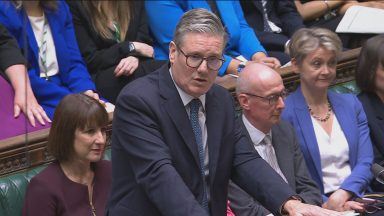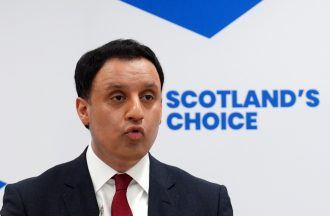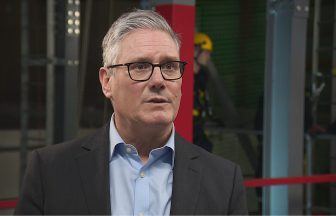New deputy first minister Kate Forbes has said she returned to Cabinet to boost the Scottish economy as she pledged to get it “firing on all cylinders”.
Forbes said she wants to “get stuff done” and that economic choices made this year will “determine whether Scotland reaps the benefits for decades to come or forever laments the missed opportunities”.
The 34-year-old had been tipped to run for the SNP leadership again after Humza Yousaf announced his resignation last month but she instead opted to back John Swinney, who was sworn in as First Minister on Wednesday.
He rewarded her by appointing her as his deputy, and also gave her responsibility for the economy and Gaelic.
Writing in The Sunday Times, Forbes said she left the backbenches and returned to Government because of the economy.
She said: “As the newly sworn-in deputy first minister, with responsibility for the economy, I want to get stuff done.
“Everything is an economic policy – tackling poverty, reaching net zero, raising the revenue to invest in our public services.
“The plan is simple. Get the economy firing on all cylinders, and it will power a better future.”
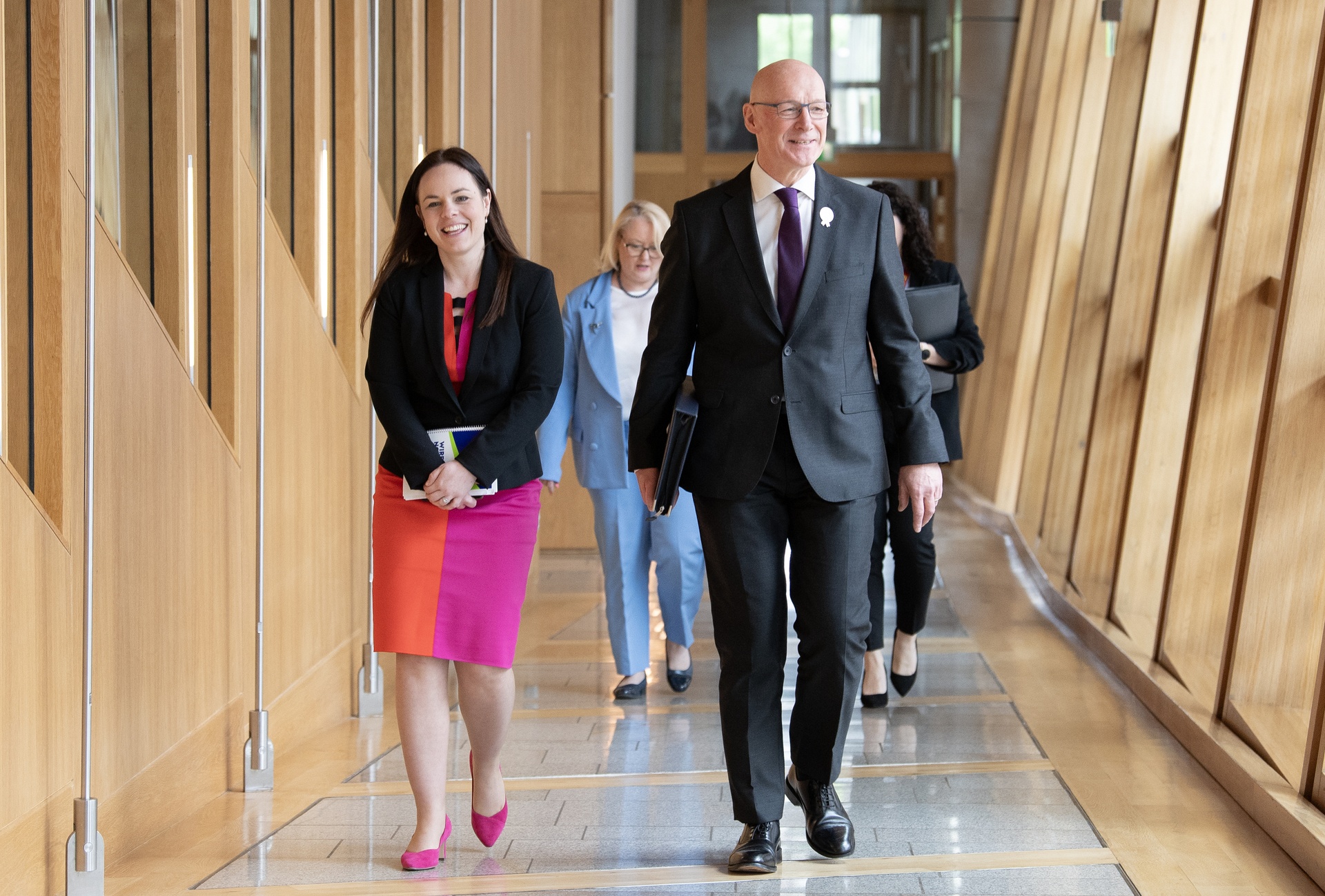 PA Media
PA MediaOutlining some ways forward, she said Scotland is well placed to attract new jobs and investment in the energy industry, while another strength is Scottish food exports such as whisky and salmon which continue to be in high demand around the world.
She also said the “backbone” of the Scottish economy is starting and growing small businesses.
However she said the country faces “extremely pressing” demographic challenges, with rural and coastal areas forecast to see double-digit percentage declines in population over coming decades.
Meanwhile she said growth in cities “masks the fact our working-age population is not growing at a rate that our public services and economy will require”.
Forbes said many of the macro-economic levers lie with the UK Government, but she has “never allowed that to constrain our ambition to do better”.
She said: “My message is simple: Scotland is open for business. My plan is to prove that, to reduce the hurdles to investment, to market the opportunities and to prioritise jobs and wages, not bureaucracy.”
Follow STV News on WhatsApp
Scan the QR code on your mobile device for all the latest news from around the country


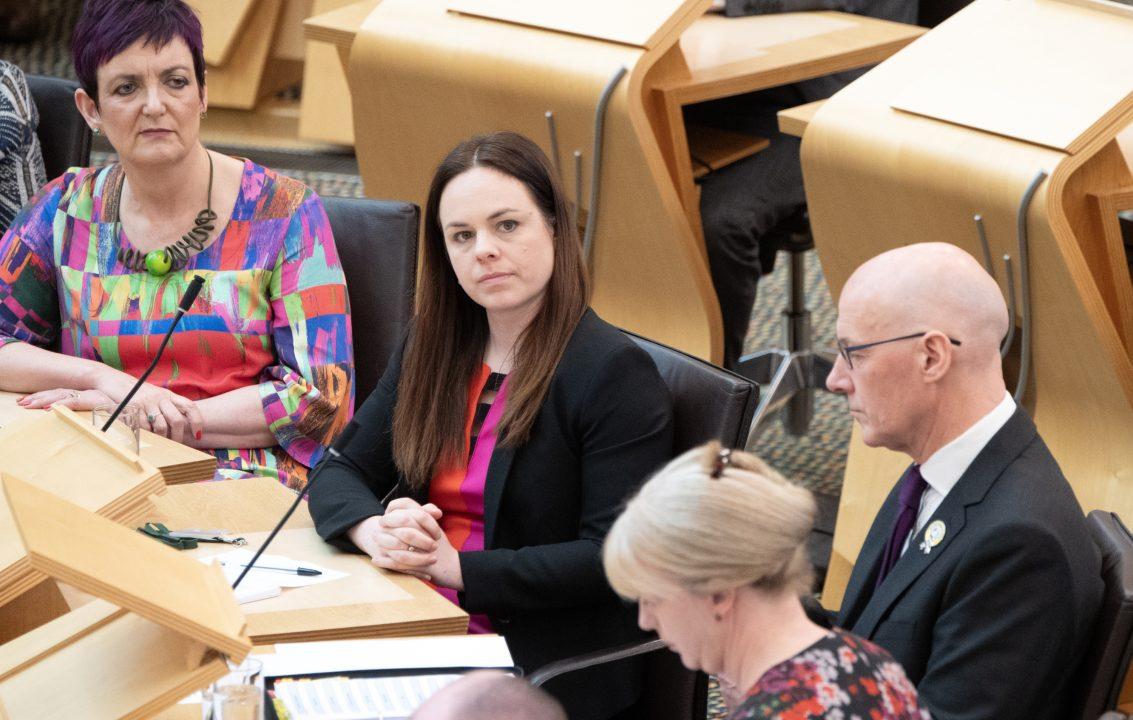 PA Media
PA Media



